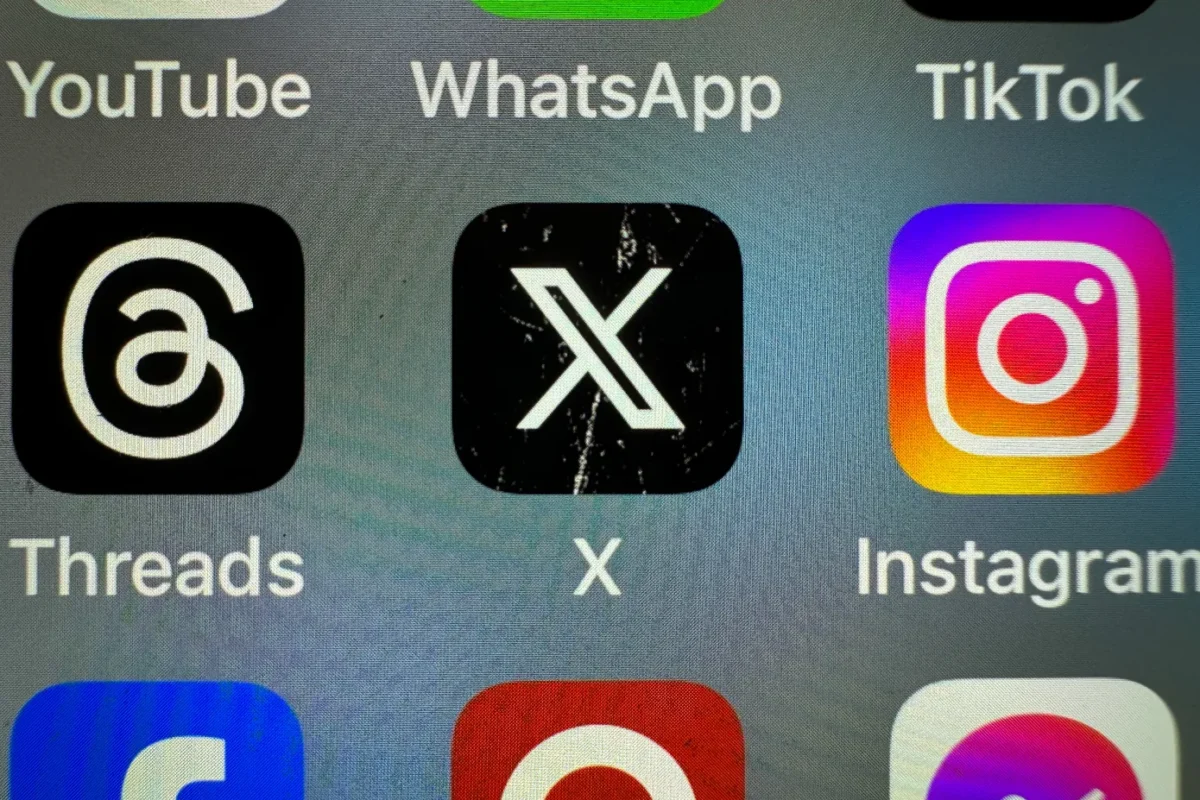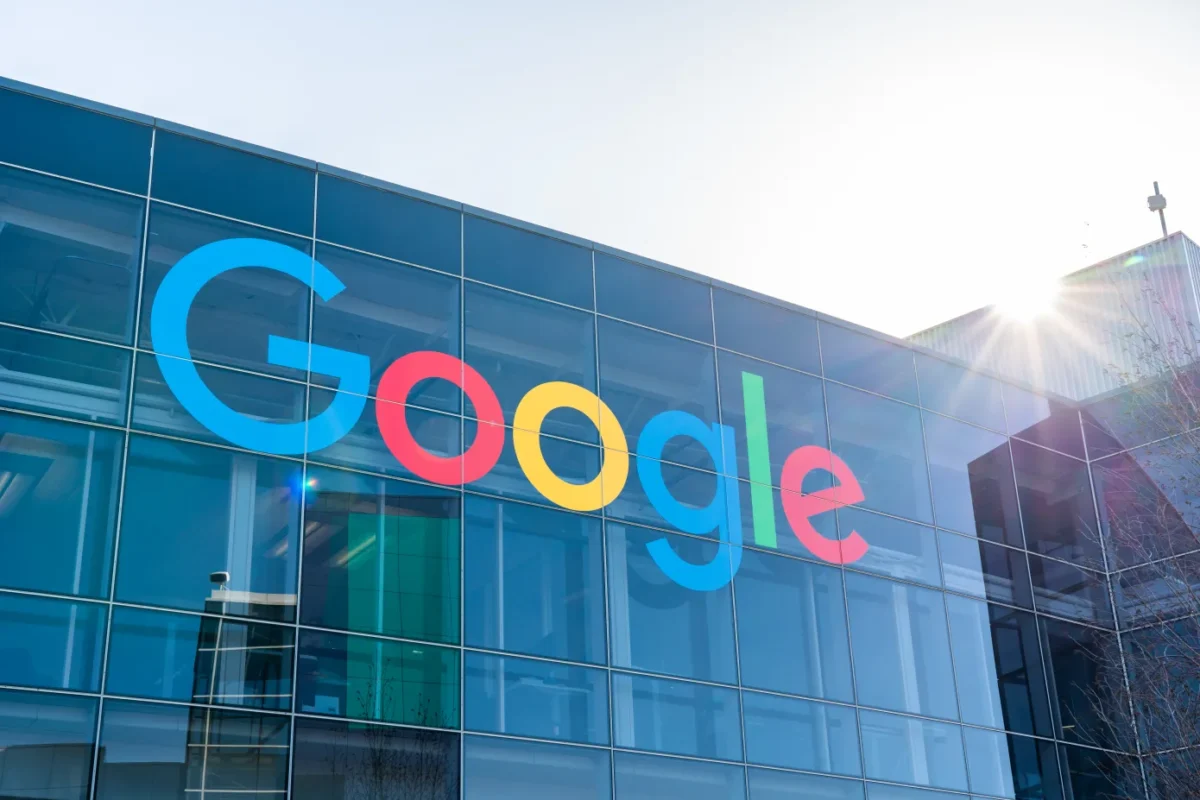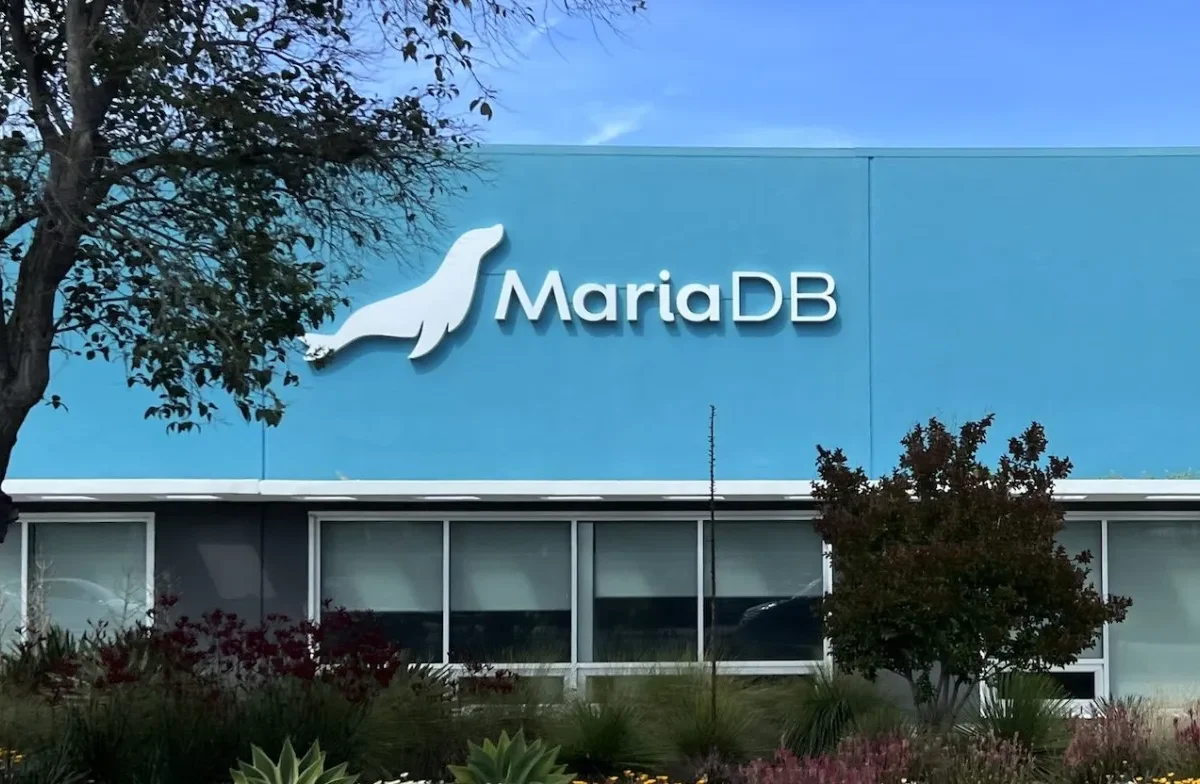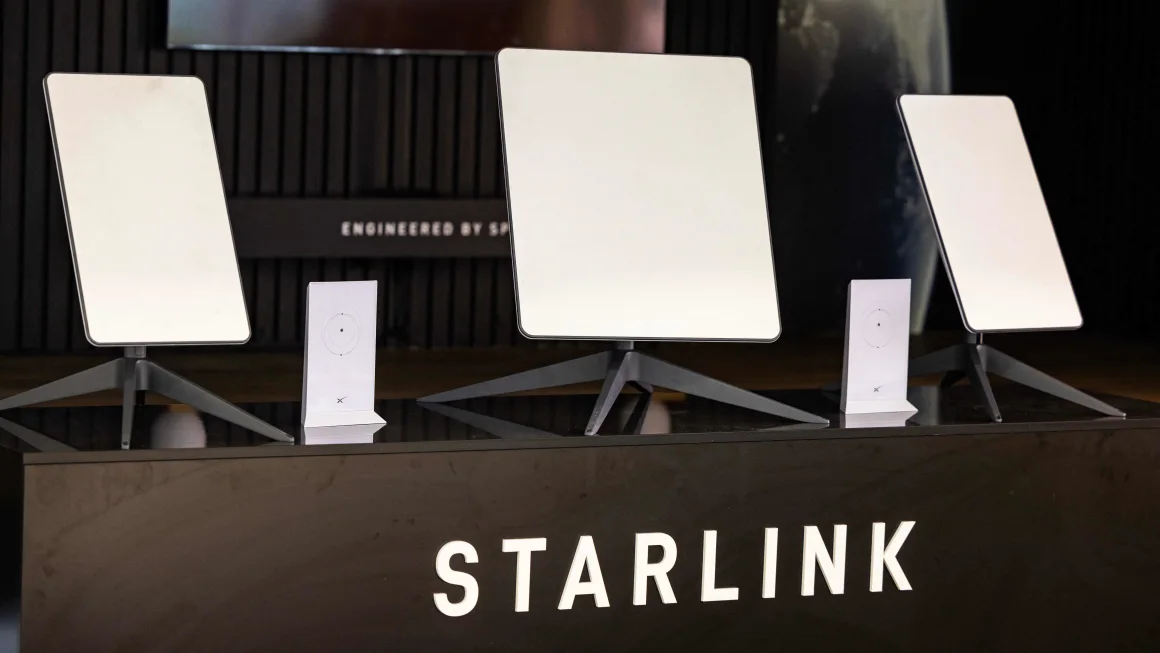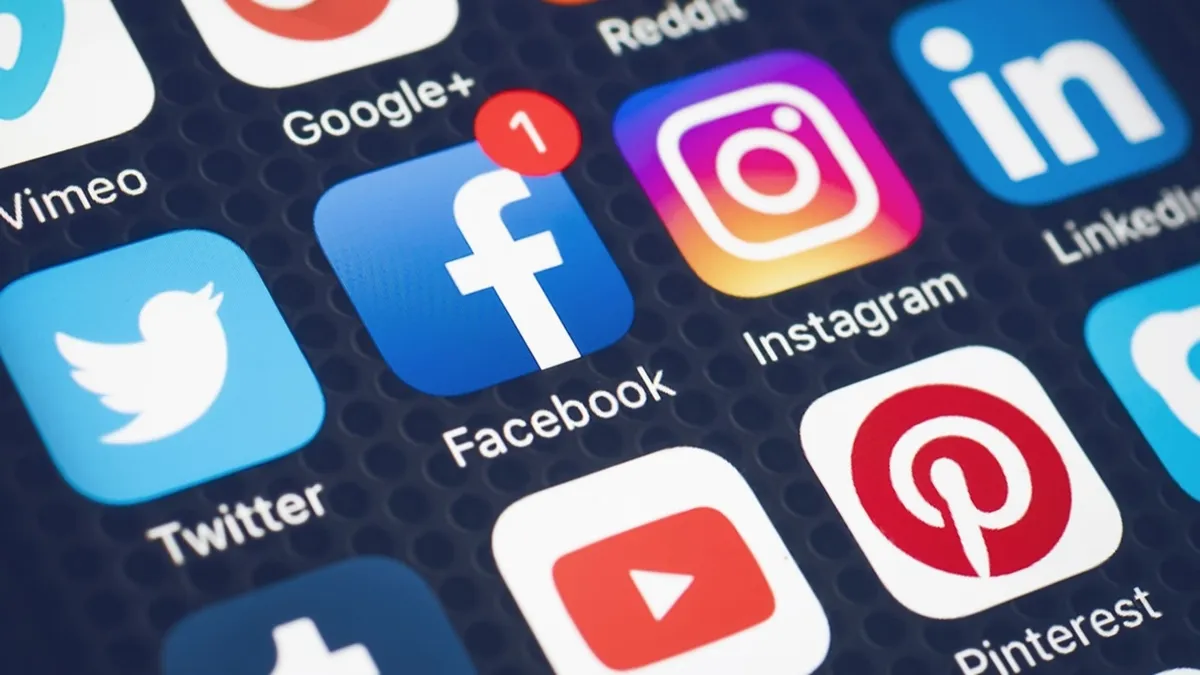In today’s rapidly evolving digital landscape, technology has become an integral part of nearly every aspect of our lives. From communication to commerce, its influence knows no bounds. Surprisingly, even the sacred spaces of worship are not immune to this technological revolution. Churches, temples, mosques, and synagogues alike are embracing innovative solutions to streamline their operations and better serve their congregations. At the forefront of this movement is Church Service Hub, a groundbreaking software developed by Software Territory specifically designed to meet the unique needs of Churches.
Gone are the days of pen and paper record-keeping, cumbersome spreadsheets, and manual scheduling. With Church Service Hub, Churches can now effortlessly manage their administrative tasks with just a few clicks. From tracking attendance and managing volunteers to organizing events and collecting donations, this comprehensive software offers a one-stop solution for all church management needs.
One of the most significant advantages of Church Service Hub is its ability to centralize data and streamline communication. With all information stored securely in one centralized platform, pastors, administrators, and volunteers can easily access and update relevant information in real-time. Whether it’s sending out newsletters, scheduling meetings, or coordinating volunteers for upcoming events, Church Service Hub ensures seamless communication and collaboration among church staff and members.
Moreover, Church Service Hub is not just about administrative efficiency; it also enhances the overall worship experience for congregants. With features like online giving and event registration, members can conveniently contribute to their church community and participate in various activities with ease. Additionally, the software’s mobile-friendly interface allows members to stay connected on the go, accessing event calendars, sermons, and announcements from their smartphones or tablets.
Furthermore, Church Service Hub prioritizes data security and privacy, ensuring that sensitive information remains protected at all times. With robust encryption and strict access controls, Churches can trust that their data is safe and secure, complying with privacy regulations and safeguarding the trust of their members.
In conclusion, Church Service Hub is more than just a software solution; it’s a testament to the intersection of faith and technology. By embracing innovative tools like Church Service Hub, Churches can modernize their operations, enhance member engagement, and ultimately fulfill their mission of serving their communities. As we continue to navigate the digital age, let us remember that even in the holiest of places, technology has the power to uplift, empower, and transform.



